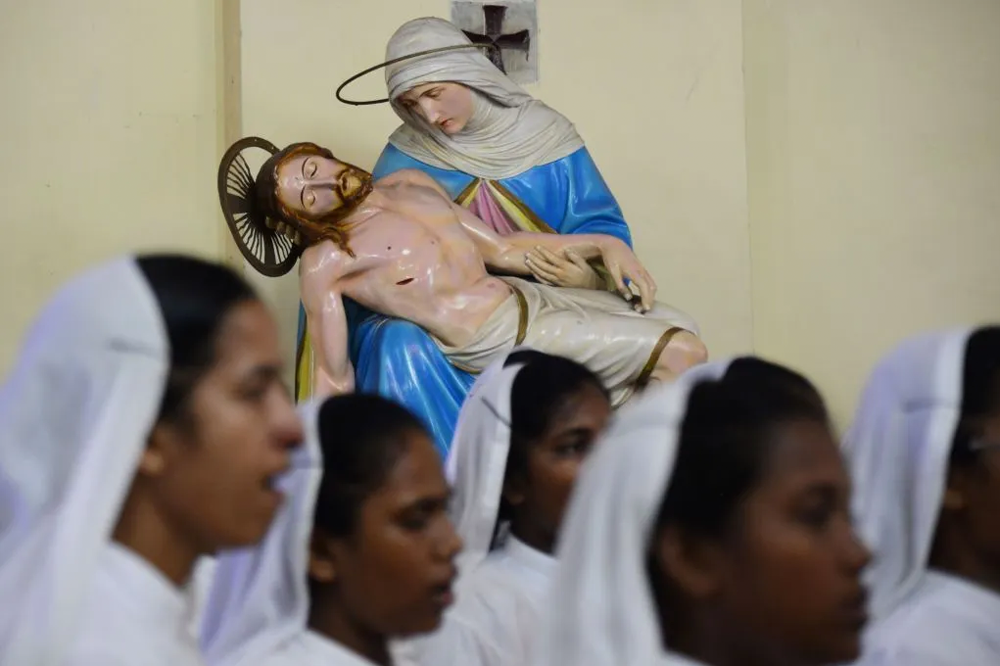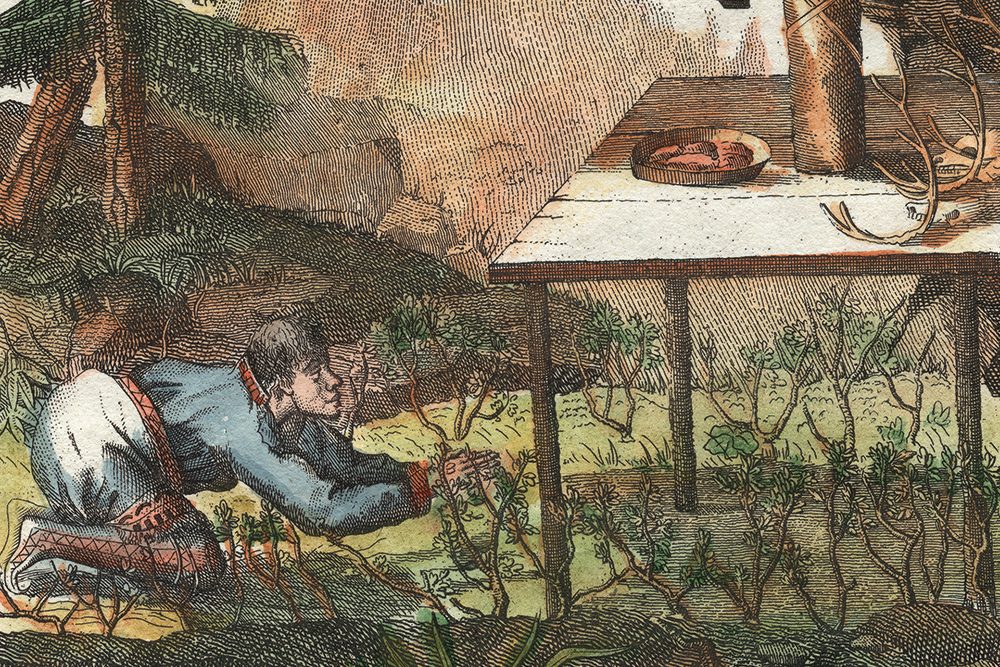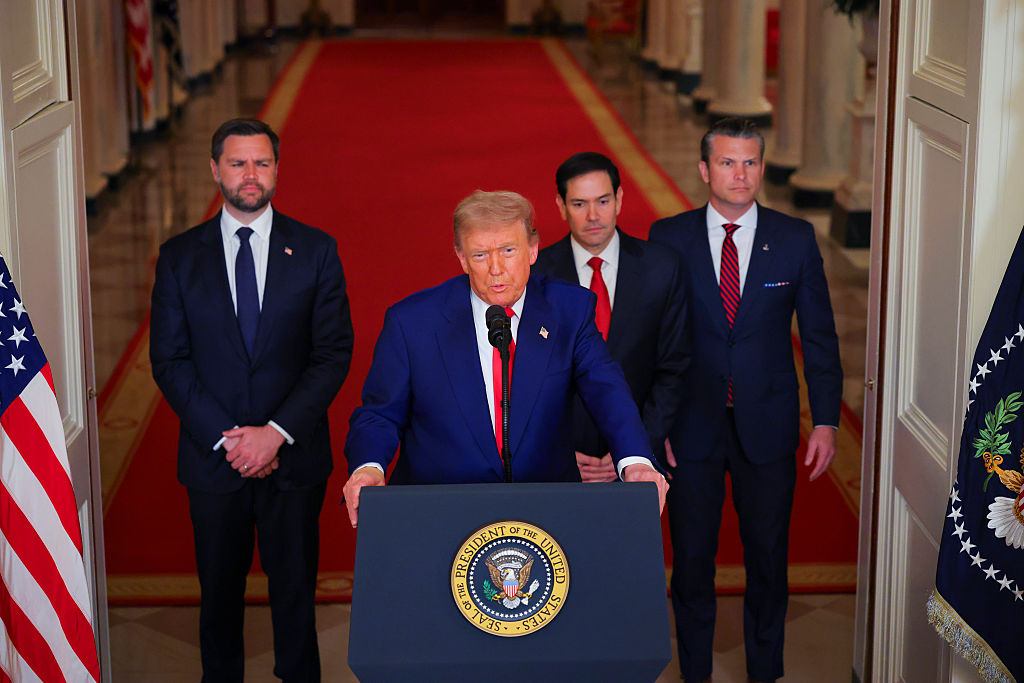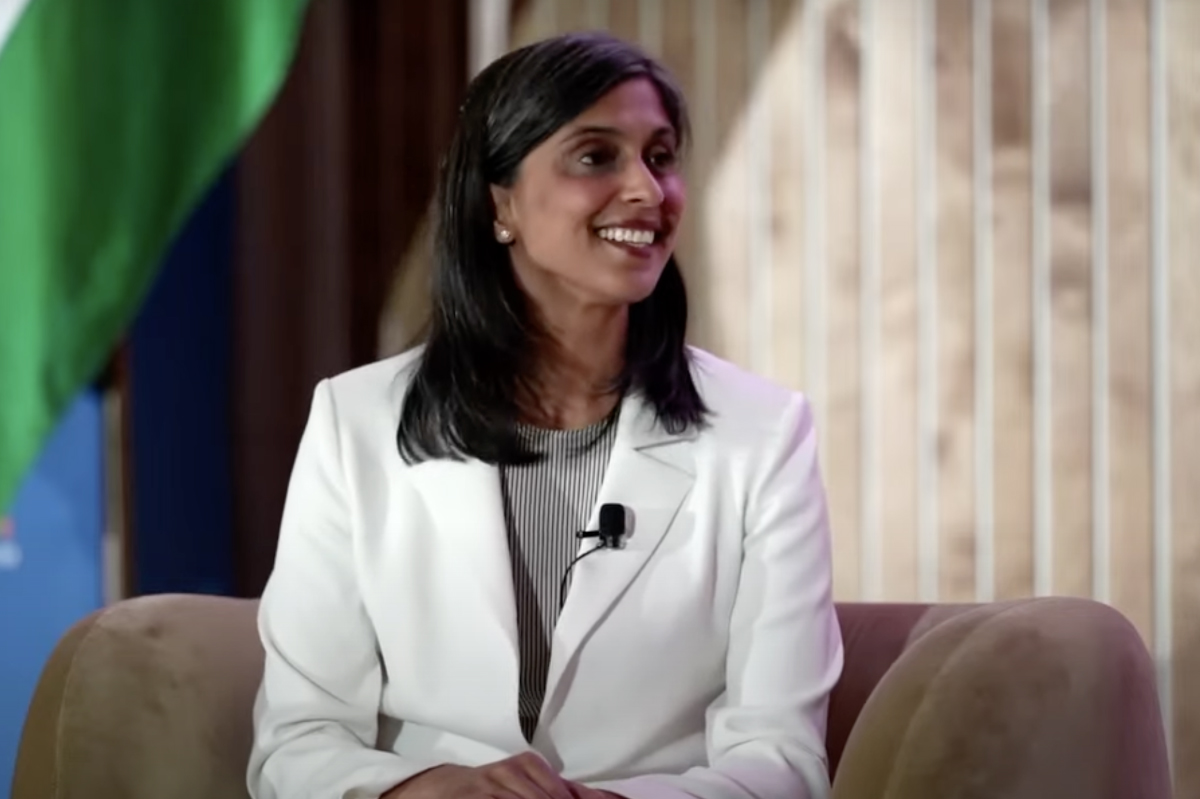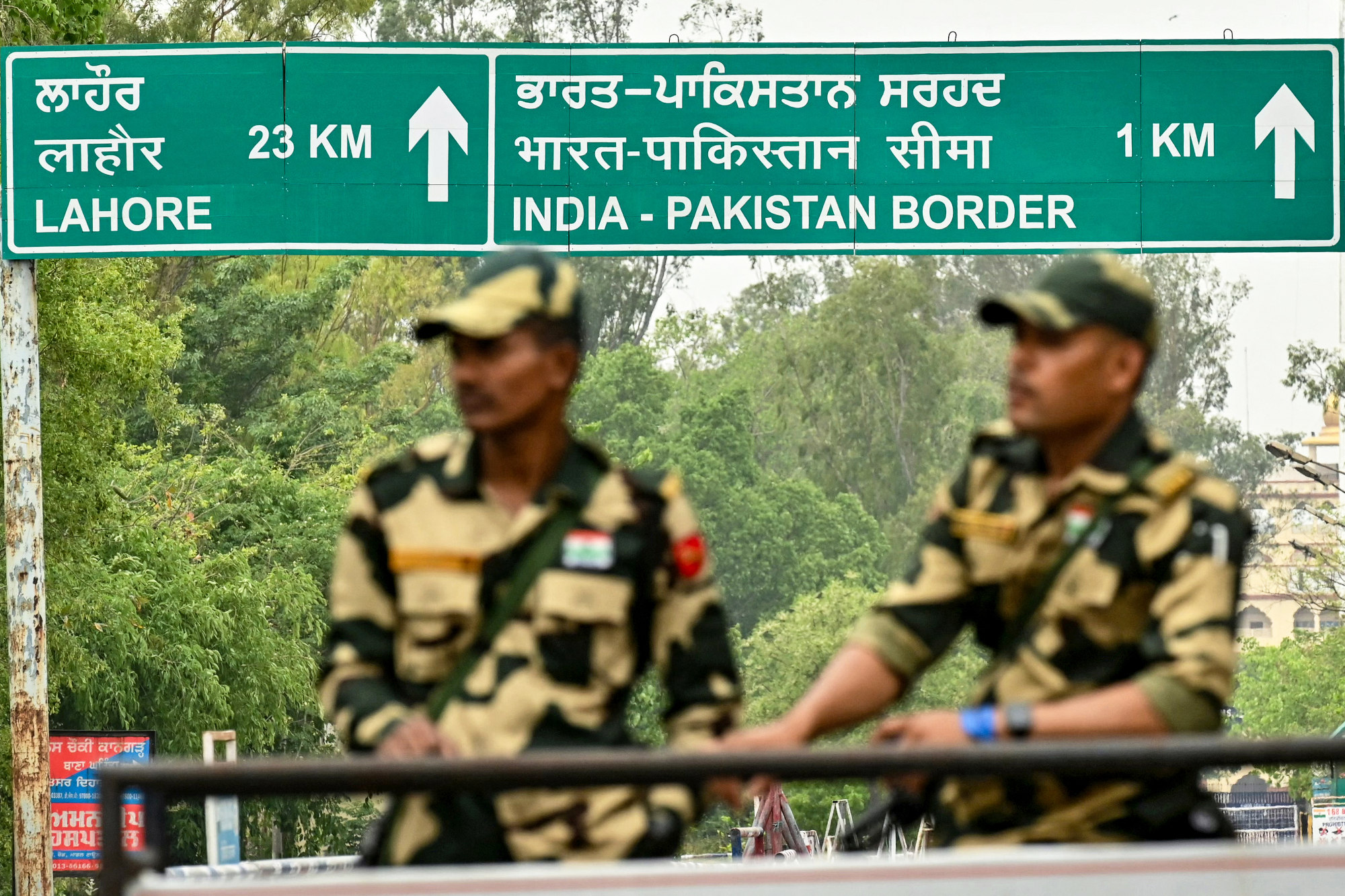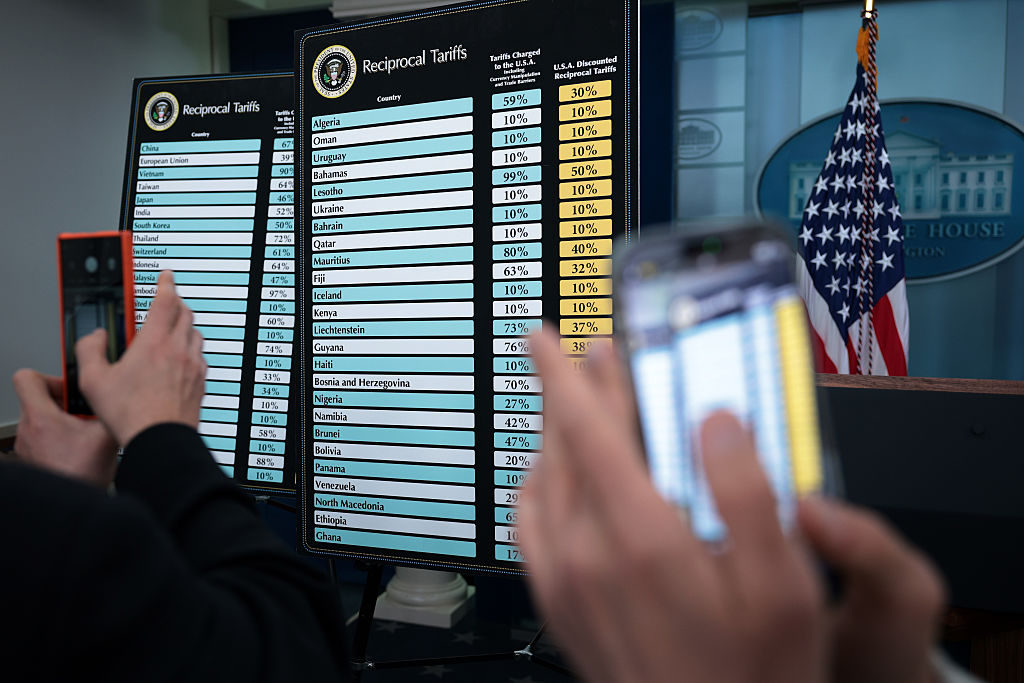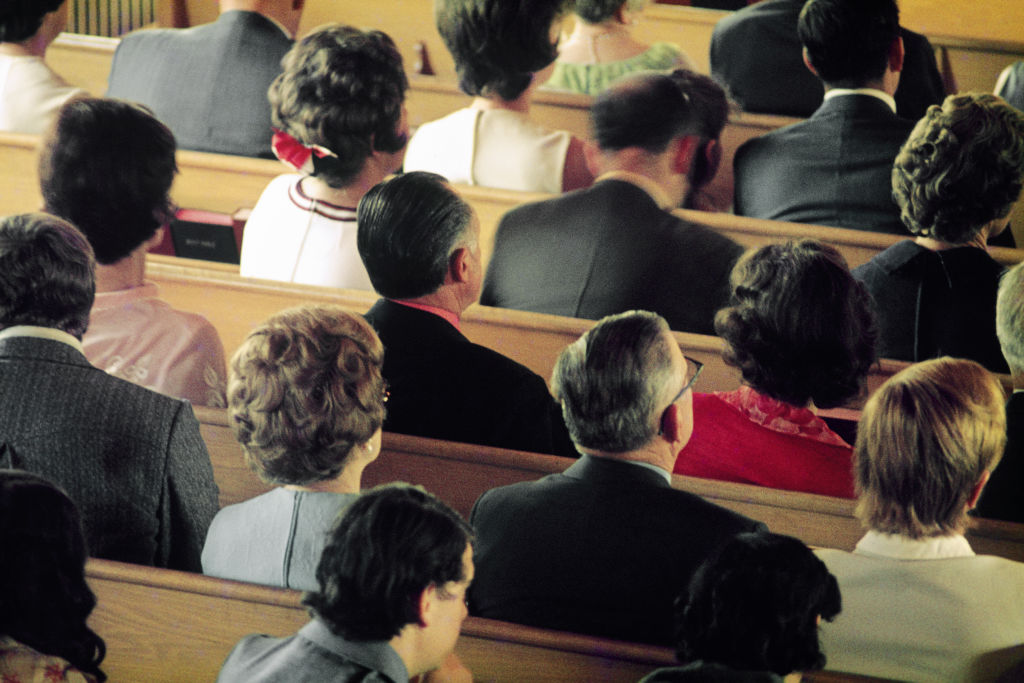Christmas is usually Nayomi Gracy’s favorite time of year. But this year, Gracy is feeling more fearful than cheerful. Right-wing Hindu groups have recently led a succession of violent attacks against her Christian community in the southern Indian state of Karnataka.
When she attends church in her home city of Bangalore on Christmas Day, the congregation will be guarded by armed police. “It is a mental torture. They say we cannot go to church or they will kill us but the police have promised to protect us and to help us,” said Gracy.
India’s historic Christian community dates back to 52AD. It is believed the Apostle Thomas, better known as Doubting Thomas, arrived in the southern India state of Kerala and baptized a small group of residents.
Today the community should, in theory, form an important part of India’s secular tapestry. There are 28 million or so Indian Christians who constitute around two per cent of the country’s total population.
Yet the community’s very survival has never been under such threat. In 2022, there have already been over 550 violent attacks on India’s Christians, according to the United Christian Front, an Indian NGO. This is the largest number for any year on record.
India is ruled by the Bharatiya Janata Party and headed by Narendra Modi, the country’s hugely popular prime minister, who was re-elected in 2019. Under Modi’s tenure, few would doubt that India doesn’t deserve a seat at the global top table. The country’s economy recently overtook the United Kingdom to become the fifth largest on the planet.
To consolidate their power domestically, though, the BJP has implemented a series of divisive Hindu nationalist policies. Their aim has been to appeal to the country’s majority Hindu electorate at the expense of its minorities.
This has included stoking hatred against India’s Christians. The BJP has proposed state benefits be withdrawn from Christians and that believers should be banned from holding political office in the country.
The BJP’s rhetoric has emboldened India’s myriad of powerful right-wing Hindu groups, like the Rashtriya Swayamsevak Sangh, which has around six million members. These groups are now increasingly leading violent mob attacks against Christians, their churches and pastors.
On Sunday, in the central Indian state of Chhattisgarh, there were twenty coordinated attacks against the state’s Christians. Over 200 people were forced from their homes.
“This coordinated wave of attacks against the Christian residents of Bastar [in Chhattisgarh] is shameful and highly condemnable,” said Dr. Michael Williams, the national president of the UCF. “This message of hate being spread by the RSS has no room in India and the authorities must deal with the perpetrators at once. They are causing irreparable damage to the fabric of our nation.”
These groups broadly allege that Christians are trying to convert Hindus and change the religious make-up of India. Hindus currently make up 80 percent of India’s population; the proportion of Christians in the country, around 2 percent, has remained the same since the 1950s.The country’s police and judiciary are often allied or at least sympathetic to groups like the RSS, particularly in rural India, which creates an atmosphere of impunity.
Reena Kamari, a twenty-six-year-old who lives in the village of Bichigada in the central Indian state of Jharkhand, was the victim of one such terrifying attack. Kamari converted from Hinduism to Christianity in 2017. A very sickly child, she says her health ailments improved as soon as she started praying to Jesus Christ — it was a miracle, she believes.
In April this year, she was dragged from her home by a baying mob into her village square where she was beaten unconscious after refusing to convert back to Hinduism. She says she didn’t recognize those that assaulted her and believes they came from a different village or nearby town. “The police only made arrests after the incident got traction on social media but my attackers were released after a couple of days and they walk free around where I live,” said Kamari. “I am thinking of fleeing my village as the other residents won’t let me practice my faith and I often get shouted at in the street or people tell my friends not to speak to me.”
The Alliance Defending Freedom, a Christian non-profit in the United States, has noted a 220 percent increase in violent attacks on India’s Christians since 2014, when Modi was first elected. Open Doors International, a non-denominational Christian organization supporting Christians globally, ranked India as the tenth most dangerous country in the world to be a Christian in 2022. India was outside the top thirty in 2014.
Indian government legislation has worsened the treatment of the country’s Christians. At least nine states have introduced anti-conversion laws, which are being used to detain Christians for months on end if they practise their faith in public places.
At least 450 Christian charities have also had their funding removed in India since 2011, according to Indian government data. Last December, Delhi announced that it was freezing accounts belonging to Mother Theresa’s Missionaries of Charity (MoC) in Kolkata because staff members had allegedly been forcefully converting Hindus.
“I am certainly concerned about the persecution of Christians, and other minorities, in India. The way the mood has changed in India over the last decade, with a significant increase in societal violence against Christians, is extremely worrying,” said Philip Mounstephen, the Bishop of Truro, one of most senior figures in the Church of England and author of the independent review of the UK Foreign Office’s response to the persecution of Christians.
For India’s Christians, the future has never been so uncertain. Few have revoked their faith. Instead they are taking their worship underground. Churches are holding services in the dead of night, baptisms take place deep in forested areas and worshippers listen to the Bible on secret audiobooks.
“We are very fearful to celebrate Christmas. If we visit houses to sing our carols, are we going to be attacked?” says Gracy.
This article was originally published on The Spectator’s UK website.



